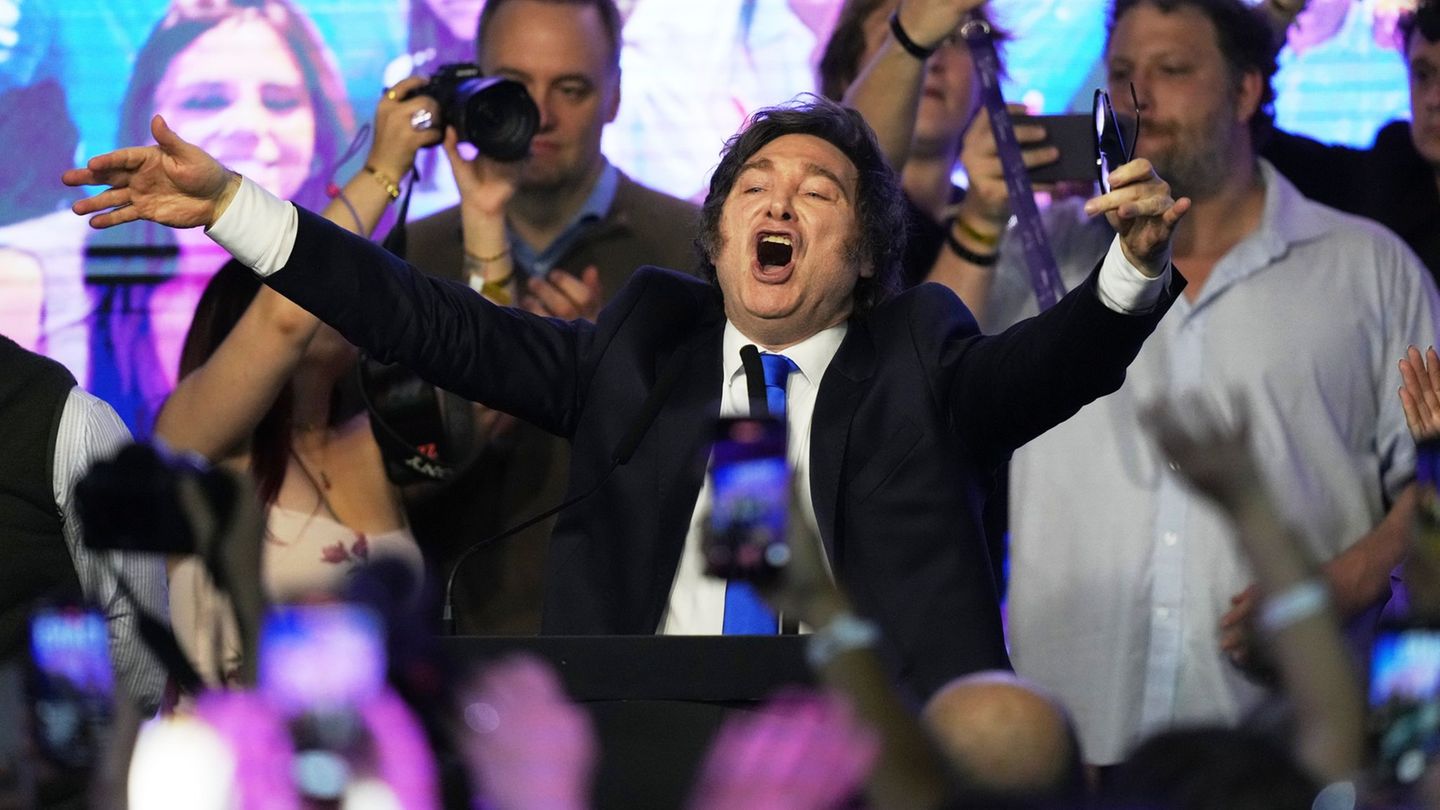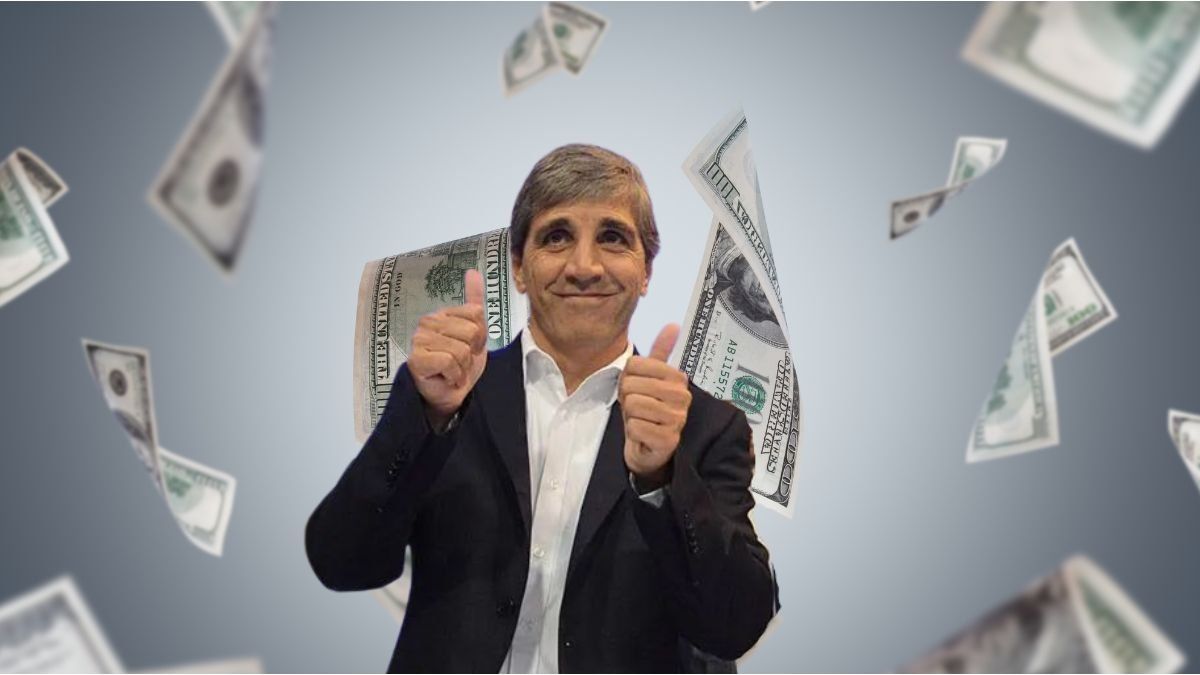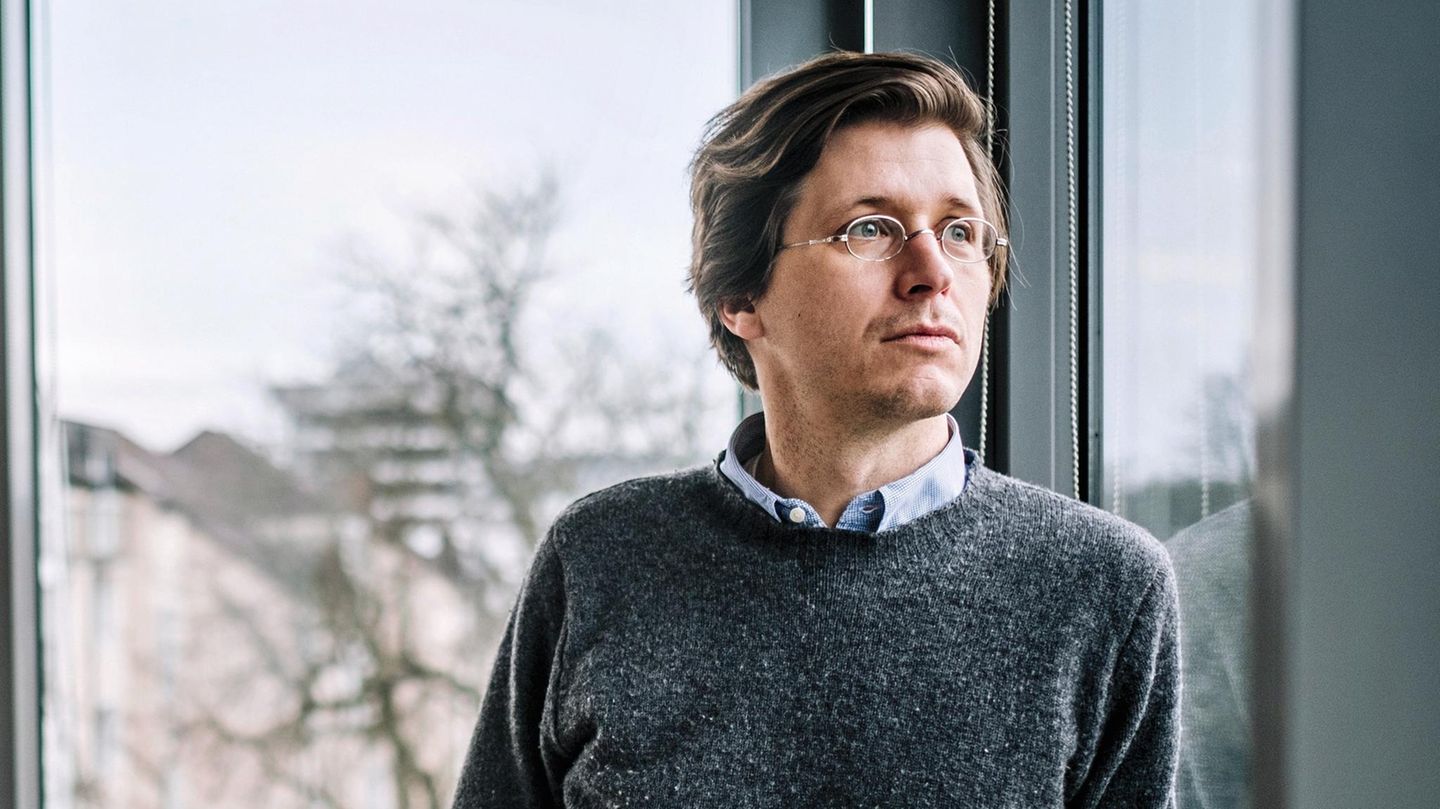Jane Stock is a technology author, who has written for 24 Hours World. She writes about the latest in technology news and trends, and is always on the lookout for new and innovative ways to improve his audience’s experience.
Menu
Economist Schularick: “We have to learn to think in missions like the moon landing”
Categories
Most Read
What are the dynamic salaries that the Government will seek to implement after the victory in the elections?
October 27, 2025
No Comments
everything you need to know before buying on Amazon
October 26, 2025
No Comments
the discount with which you can save $6,000 on your next ride
October 26, 2025
No Comments
Scott Bessent assured that aid to Argentina will not result in losses for US taxpayers
October 26, 2025
No Comments
The US and China reached a preliminary agreement after two days of trade negotiations
October 26, 2025
No Comments
Latest Posts

Elections: Milei’s surprise success in congressional elections in Argentina
October 27, 2025
No Comments
IvanI have been working in the news industry for over 6 years, first as a reporter and now as an editor. I have covered politics

How far could it go, and what will happen to the bands?
October 27, 2025
No Comments
With almost all of the votes counted, Freedom Advances (LLA) It prevails in 16 of the 24 jurisdictions in the Deputies segment and in six

What are the dynamic salaries that the Government will seek to implement after the victory in the elections?
October 27, 2025
No Comments
The government of Javier Milei assured that it will present a new labor reform project after the legislative elections. With a resounding victory in most
24 Hours Worlds is a comprehensive source of instant world current affairs, offering up-to-the-minute coverage of breaking news and events from around the globe. With a team of experienced journalists and experts on hand 24/7.

